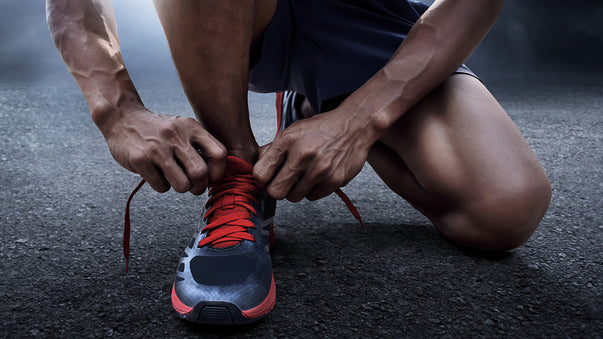COVID-19 Immunity Could Last for Years or Decades

Researchers at Washington University have found that people who recovered from a mild case of COVID-19 are left with long-term antibody protection against the disease. Months after infection, their immune cells keep producing antibodies against SARS-CoV-2, the virus that causes COVID-19.
"Last fall, there were reports that antibodies wane quickly after infection with the virus that causes COVID-19, and mainstream media interpreted that to mean that immunity was not long-lived," says lead researcher Ali Ellebedy in a press release issued by Washington University.
"But that's a misinterpretation of the data. It's normal for antibody levels to go down after acute infection, but they don't go down to zero; they plateau. Here, we found antibody-producing cells in people 11 months after first symptoms. These cells will live and produce antibodies for the rest of people's lives. That's strong evidence for long-lasting immunity."
Antibodies, proteins that can recognize and help to inactivate viral particles, are a key immune defense.
A paper published in Nature describes a study that tracked antibody levels in blood samples from COVID-19 survivors. The researchers found that the bone marrow of the participants in the study who had had COVID-19 contained antibody-producing cells specifically targeting the virus that causes COVID-19. Such cells could still be found four months later, ensuring duration of immunity and suggesting the possibility of long term immunity. The participants in the study who had never had COVID-19 didn’t have antibody-producing cells in their bone marrow.
"People with mild cases of COVID-19 clear the virus from their bodies two to three weeks after infection, so there would be no virus driving an active immune response seven or 11 months after infection," explains Ellebedy. "These cells are not dividing. They are quiescent, just sitting in the bone marrow and secreting antibodies. They have been doing that ever since the infection resolved, and they will continue doing that indefinitely."
A commentary also published in Nature explains that bone marrow plasma cells hide away in bones, producing antibodies for decades. In those who participated in the Washington University study, SARS-CoV-2 antibodies plummeted in the four months after infection, as expected. But this decline slowed, and up to 11 months after infection, the researchers could still detect antibodies and immune memories that recognized the SARS-CoV-2 spike protein.
The researchers are now studying whether vaccination also induces long-lived antibody-producing cells.
The researchers observed early signs that Pfizer’s mRNA vaccine should trigger the production of the same cells, as reported by the Nature commentary. But the persistence of antibody production, whether elicited by vaccination or by infection, does not ensure long-lasting immunity to COVID-19. The ability of some emerging SARS-CoV-2 variants to blunt the protective effects of antibodies means that additional immunizations may be needed to restore levels, says Ellebedy.
“My presumption is, we will need a booster,” concludes Ellebedy.
More Articles
Don't miss a beat! In our Pulse Newsletter, Thrivous curates the most important news on health science and human enhancement, so you can stay informed without wasting time on hype and trivia. It's part of the free Thrivous newsletter. Subscribe now to receive email about human enhancement, nootropics, and geroprotectors, as well as company news and deals.
Read more articles at Thrivous, the human enhancement company. You can browse recent articles in Thrivous Views. See other Pulse Newsletter articles. Or check out an article below.
-
Neuromorphic Computing Analyzes Brain Waves in Real-Time
Researchers at University of Zurich, ETH Zurich, and University Hospital Zurich have developed a compact, energy-efficient device made from artificial ...
-
ApresFlex Powers the Best Joint Supplement on the Market
Did you know that over 80% of the elderly say they could benefit from increased joint comfort? Improved joint comfort ...


